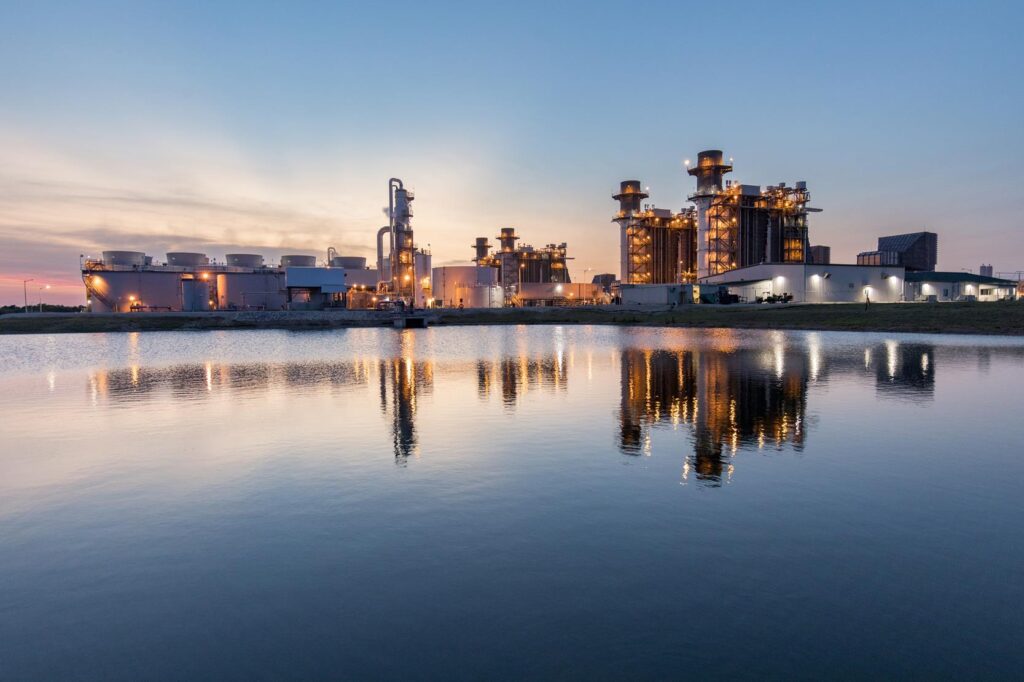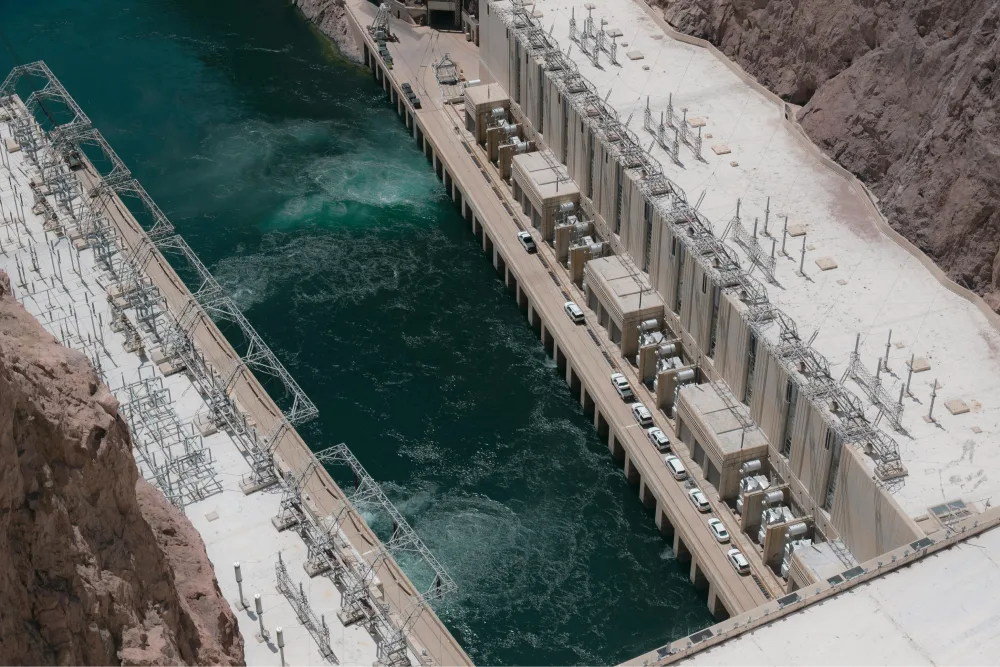
Is Natural Gas Renewable?
2 minute read • Last update May 2024

In this article
Is natural gas a renewable energy source?
To put it simply, no, natural gas is not a renewable source of energy. Natural gas comes from a depleting source and is therefore not a renewable resource. Natural gas is a fossil fuel, like oil and coal it is formed from ancient organic material that has undergone a process of decomposition and transformation over millions of years.
This organic material primarily consists of the remains of marine plants and microorganisms that were buried, subjected to heat and pressure, and transformed into hydrocarbons, including methane (CH4). Since the formation of natural gas occurs on geological timescales, it is considered a finite and non-renewable resource.
Is natural gas considered a clean energy source?
While natural gas is not renewable, it is often described as a “cleaner” fossil fuel compared to coal and oil. There are several reasons for this distinction:
- Lower Carbon Emissions: When burned for energy, natural gas emits fewer carbon dioxide (CO2) emissions per unit of energy produced than coal or oil. This is because methane, the primary component of natural gas, has a higher hydrogen-to-carbon ratio, which results in less carbon being released into the atmosphere when it is combusted. It burns up to 50% cleaner than other fossil fuels.
- Reduced Air Pollution: Natural gas combustion also produces lower levels of other air pollutants, such as sulfur dioxide (SO2) and nitrogen oxides (NOx), which are harmful to human health and the environment.
- Energy Efficiency: Natural gas power plants are highly efficient, converting a significant portion of the energy content in the gas into electricity. This efficiency can help reduce overall energy waste.
Compared to renewable energy sources like solar and wind, natural gas would still be considered harmful to the environment. Although, it may be an important player in the transition from fossil fuels to renewables because it does release much less greenhouse gases compared to coal and oil.
Is natural gas bad for the environment?
While natural gas is considered cleaner than other fossil fuels, it is not without environmental concerns:
- Methane Emissions: Methane, the main component of natural gas, is a potent greenhouse gas that contributes to global warming. Methane leaks from production, distribution, and transportation systems can offset the benefits of using natural gas.
- Environmental Impacts of Extraction: The extraction of natural gas, particularly through hydraulic fracturing or fracking, can have environmental consequences, including the potential for groundwater contamination, land disturbances, and habitat disruption.
- Non-Renewable Resource: Natural gas is finite and will eventually run out, which raises questions about long-term energy sustainability.
Will we run out of natural gas?
Natural gas reserves are finite, and their depletion is a matter of concern. The timeline for running out of natural gas depends on factors such as consumption rates, exploration of new reserves, and advancements in extraction technologies.
The U.S. Energy Information Association estimates that we have enough natural gas remaining to last around 86 years. Nevertheless, the finite nature of natural gas reserves underscores the importance of transitioning to renewable and sustainable energy sources.
Written by Javier Hinojosa
Javier Hinojosa, Vice President of Retail Power at BKV Energy, has over fifteen years of management experience in M&A, consulting, supply chain, technology, and operations. He is responsible for overseeing all aspects of BKV Energy's business, from finance and brand development to customer service and go-to-market strategy.
Related articles

energy hydroelectric renewable
Pros and Cons of Hydroelectric Energy
5 minute readWhat are the pros and cons of hydroelectric energy? Pros of hydropower Cons of hydropower Renewable and sustainable Impact on local environments by changing water flow Low greenhouse gas emissions High initial costs Reliable and consistent power generation Dependence on flow and availability of water Energy storage capabilities Risk of…
Get $50 off your electric bill!
Use code BKVEJOINUS50
Enter your zip code to shop BKV Energy's affordable, fixed-rate Texas electricity plans. Use the promo code for $50 off your electric bill.
